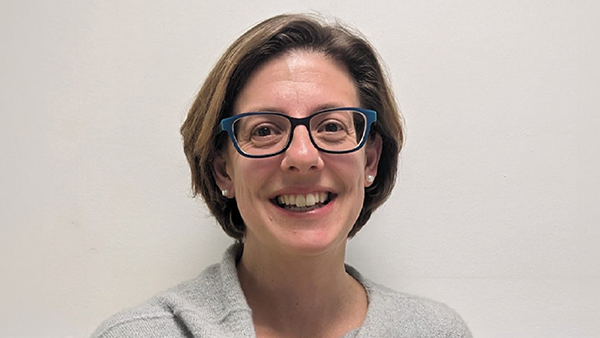Do You Hear the People Sing?
The Global Drug Facility strikes a historic deal with J&J to allow procurement and supply of bedaquiline generics to low- and middle-income countries
Bedaquiline – sold under the brand name Situro – is used to treat active multidrug-resistant TB. It was first approved in the US by the FDA in 2012 – the first new drug against TB in over 40 years (1) – and is on the World Health Organization’s Essential Medicines List (2). Johnson & Johnson’s (J&J) patent on the drug was set to expire on July 18, 2023, but it will now enact a secondary patent on small changes to the formulation that will stay put until 2027.
Back in March, J&J’s application to extend the patent in India was rejected by the Indian Patent Office (3). The rejection meant that other manufacturers would be allowed to distribute generics of bedaquiline in India – a much-needed win for the country with the highest incidence of TB cases and over a quarter share of the world’s multidrug-resistant TB.
Humanitarian organization Doctors Without Borders also called out J&J for patent evergreening. “We are deeply concerned that the persistent high price of bedaquiline will continue to block countries from rolling out the newer, shorter, game-changing, all-oral regimens for treating deadly, drug-resistant forms of TB,” said Christophe Perrin, TB pharmacist with the organization’s Access Campaign, back in April (4).
Author John Green – who boasts over 3.71 million subscribers on YouTube with his brother and science communicator, Hank Green – also recently weighed in, educating his audience on the issue and urging them to take action (5). The video took off with over one million views and had #PatientsNotPatents briefly trending on Twitter.
Now, in a historic deal, the Stop TB Partnership’s Global Drug Facility (GDF) announced it is working with J&J to procure and supply generics of bedaquiline to low- and middle-income countries, including those where the patent still remains (6). The hope is that generic competition will lower the price of bedaquiline – which currently makes up to 70 percent of the cost of multidrug regimens – and improve access for those who could not otherwise afford it.
In his most recent video, John Green talks about how diseases need a “constituency” to raise awareness and fight for lower drug prices and alleviate disease burden (7). And although J&J tweeted that the deal had already been planned and responded to claims that the patent was keeping people from accessing the drug (8), it goes to show what rallying together for a common cause can achieve.
References
- K Thomas, “F.D.A. Approves Drug for Resistant Tuberculosis,” (2012). Available at: bit.ly/43Hts1I.
- World Health Organization, “WHO Model Lists of Essential Medicines,” (2021). Available at: bit.ly/44I270K.
- K Thiagarajan, “India rejects application to extend patent on TB drug bedaquiline,” (2023). Available at: bit.ly/3Dsu6oZ.
- Médecins Sans Frontières, “MSF: J&J must stop blocking generic versions of lifesaving TB drug,” (2023). Available at: bit.ly/3Q6szwt.
- vlogbrothers, “Barely Contained Rage: An Open Letter to Johnson & Johnson,” (2023). Available at: bit.ly/44zP4OG.
- Stop TB Partnership, “Global Drug Facility Update on Access to Bedaquiline,” (2023). Available at: bit.ly/471X0tK.
- vlogbrothers, “Tuberculosis Fighters Have a Posse,” (2023). Available at: bit.ly/3DqRIKT.
- Johnson & Johnson (2023). Available at: bit.ly/3Kf9iVL.




